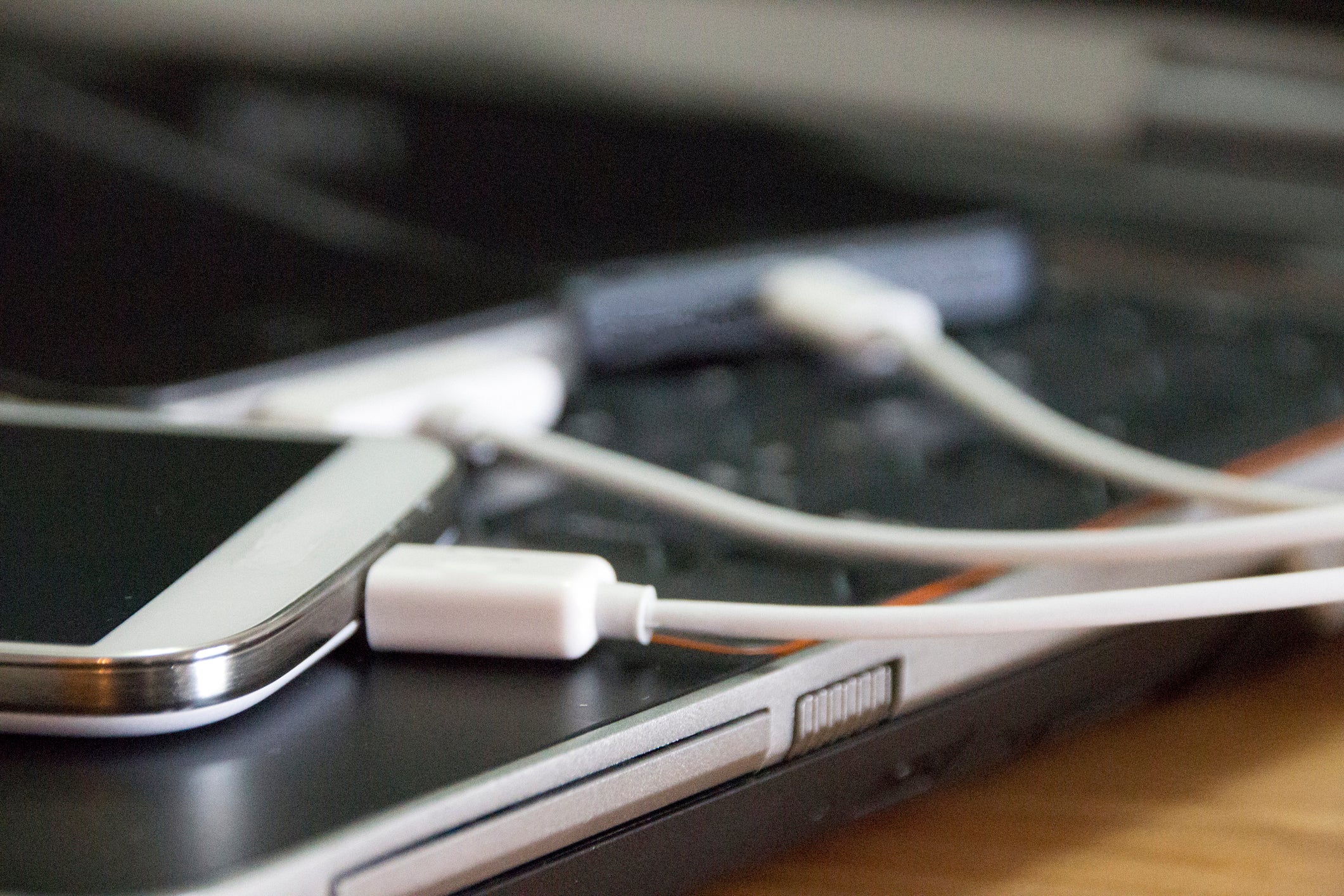An EU plan to force phone manufacturers to use one common standard charger has moved a step closer after it was approved by the European Parliament this week.
The European Union hopes that mandating USB-C ports on all smartphones will cut waste, make devices more interoperable, and promote consumer competition.
MEPs on the parliament’s influential Committee on Internal Market and Consumer Protection adopted the position on Wednesday by 43 votes in favour and two against, with support from the parliament’s main political groups.
They also voted to push the European Commission to adopt a common interoperability standard on wireless charging, which is increasingly common on new devices but has several competing technologies.
If enforced, as now looks likely, the common charger regulation would see companies like Apple made to ditch its proprietary “lightning” cable and adopt the industry standard.
The rule is also expected to apply to tablets, handheld games consoles, e-readers, digital cameras, and other portable devices like laptops.
While the regulation would technically only apply inside the European Union, the bloc’s influential economic position means the change will likely have a global effect as companies reconfigure their products so they can be sold in the European market.
The EU’s Council, which represents member states, already approved a similar plan for a standard charger in January this year, and the two institutions will now hash out exactly what the final regulation looks like and when it will come into force.
The parliament’s 705 MEPs must also formally approve the committee’s plan at a full plenary session next month, though this is largely a formality as the committee vote indicates strong support from across the different political groups.
The EU’s elected legislature has been pushing for a common charger to be adopted for around a decade, but the bloc’s long legislative process has been slow-going on the issue. Critics have argued that regulating the ports could stifle innovation.
Alex Agius Saliba, a socialist MEP from Malta who is guiding the proposals through parliament as its rapporteur, said: “With half a billion chargers for portable devices shipped in Europe each year, generating 11,000 to 13,000 tonnes of e-waste, a single charger for mobile phones and other small and medium electronic devices would benefit everyone.
“It will help the environment, further help the reuse of old electronics, save money, and reduce unnecessary costs and inconvenience for both businesses and consumers.
“We are proposing a truly comprehensive policy intervention, building on the commission’s proposal by calling for the interoperability of wireless charging technologies by 2026 and improving information given to consumers with dedicated labels.
“We are also expanding the proposal’s scope by adding more products, such as laptops, that will need to comply with the new rules.”
Exemptions to the rule agreed by MEPs include some devices that are too small to have a USB-C port, such as smart watches, health trackers, and some sports equipment.







Join our commenting forum
Join thought-provoking conversations, follow other Independent readers and see their replies
Comments